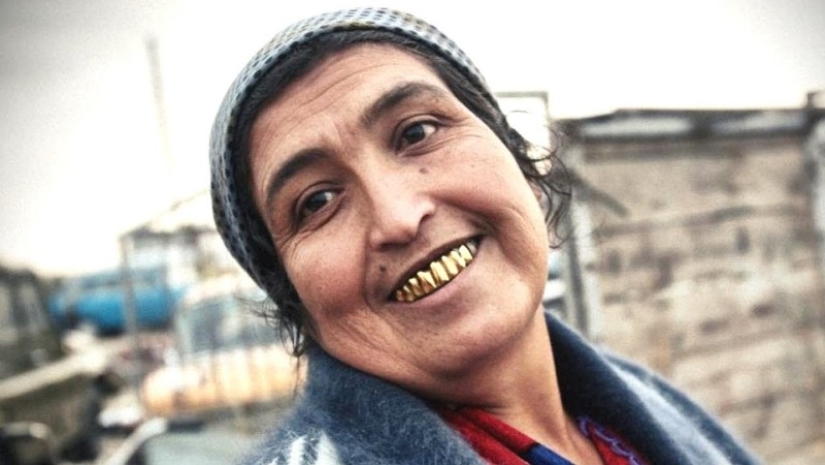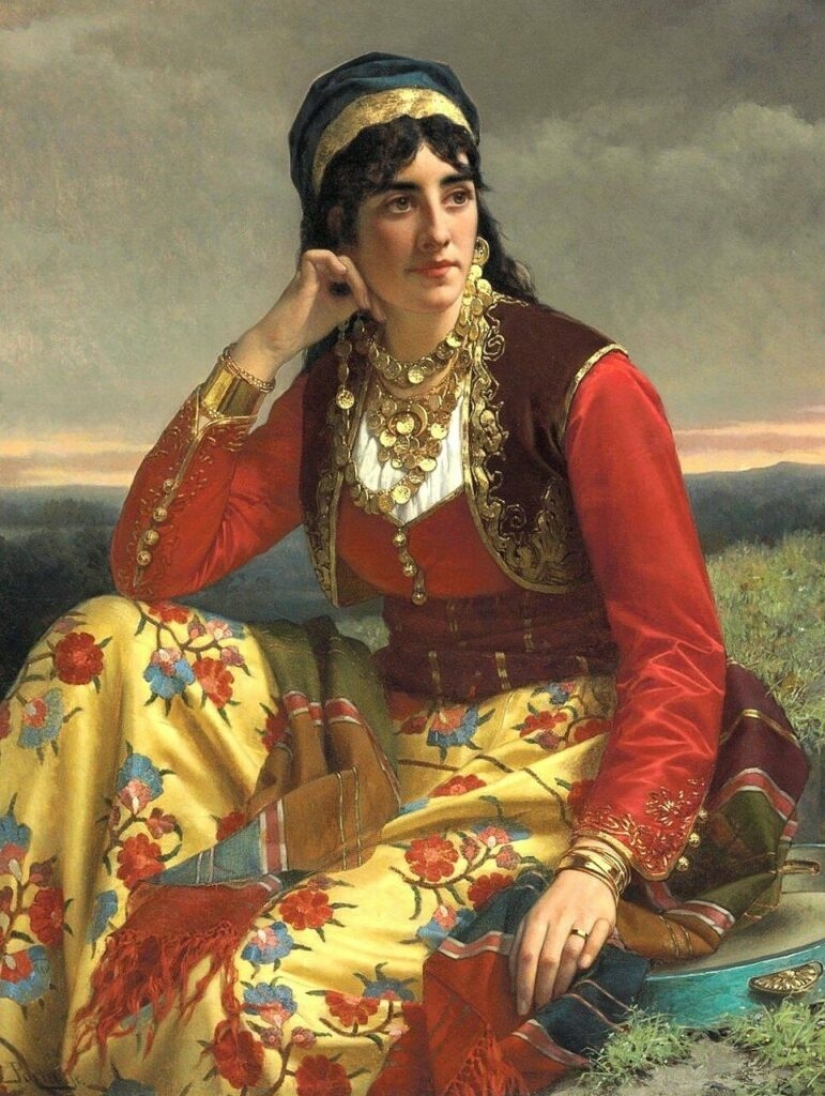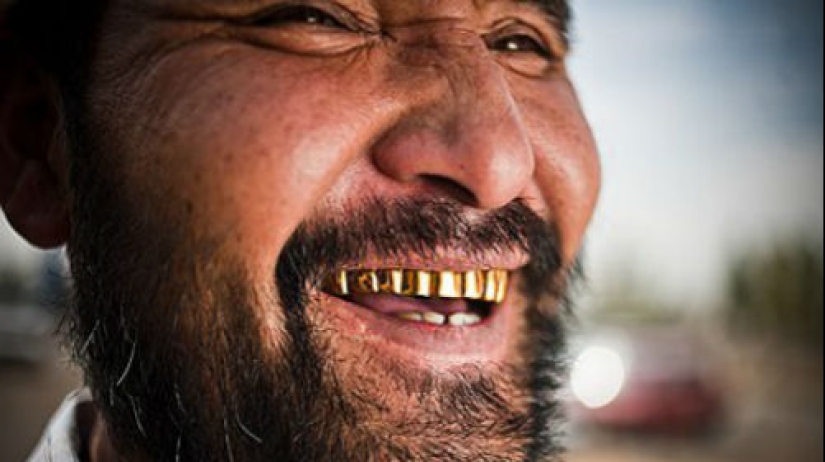3 Reasons why Gypsies Give themselves Gold Teeth
There was a time when gold crowns were a sign of special chic. A man with a precious metal glittering in his mouth was considered successful. The fashion for gold teeth has sunk into oblivion, however, the Gypsies remain faithful to her no matter what. Why do representatives of this people continue to order crowns made of precious metal?

Gypsy folklore is replete with fairy tales and legends about the wealth that unexpectedly fell on a person. But this fact should not be considered as the desire of the nomadic people for idleness. As a rule, well-being in these stories is bestowed by fate on the heroes as a reward for suffering. Such fairy tales reflect people's desire for a better life, for positive changes.
Gypsies try to attract prosperity into their lives in various ways. Although this feature cannot be called unique, and many peoples have it. Since ancient times, representatives of this ethnic group have believed in the power of amulets. Each of them carried with them a small pouch — a path designed to store magical items.

In this bag you could find a variety of objects that the owner's imagination and folk beliefs endowed with special properties. For example, they believed that a red bird's feather brings wealth. Some stones had the same effect: black opal, carbuncle, diamond, emerald, ruby, moonstone.
In addition, among the "happy" things you could find pieces of squirrel fur, rabbit paws, magnets, silver coins. Some items were magic by default, and some needed extra work. There was a special custom of "charging" talismans in the moonlight. It was believed that the moon symbolized silver and coins.
It is not surprising that Gypsies have always had a special attitude to gold. The saying of this people says: "Gold glitters in the mud." For a long time, gypsies believed that gold, like a magnet, attracts gold. Even a small particle of this metal can bring good luck. Therefore, gold jewelry was and remains an integral part of the Gypsy image.

Gypsies used to wear a monisto necklace made of gold coins around their necks. They were also sewn on to traditional women's headscarves. Men loved gold rings and earrings, and coins were worn in leather belts. Often the contents of these belts became the subject of bragging — in pubs and on at fairs, the guys were measuring who had more yellow metal with them.
Those who could not afford to carry a fortune with them kept at least a small piece of gold in their belt for good luck. Ethnographers believe that the passion to carry valuables with you is connected with the nomadic lifestyle of Gypsies. It was dangerous to leave gold in tents that had no locks. The Gypsies did not make treasures either, because the camps moved over long distances.
Gold teeth perform three functions at once. It is a noble metal that attracts wealth to the owner, an indicator of prosperity and at the same time a way to always carry gold with you. Interestingly, crowns have never been a reserve for a "rainy day". Even when starving, gypsies try not to use the gold crowns, considering it inviolable. Only very serious circumstances force these people to part with precious teeth.

To get gold crowns, it is not necessary to have dental problems. Quite often, gypsies spoil quite healthy teeth in order to get a talisman that they always have with them. It also happens that gold teeth are put even for teenagers, because it is better to attract good luck from an early age.
Recent articles

It's high time to admit that this whole hipster idea has gone too far. The concept has become so popular that even restaurants have ...

There is a perception that people only use 10% of their brain potential. But the heroes of our review, apparently, found a way to ...

New Year's is a time to surprise and delight loved ones not only with gifts but also with a unique presentation of the holiday ...